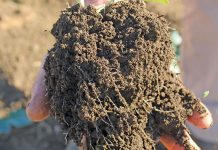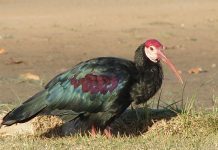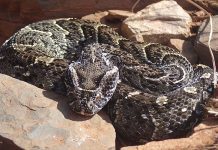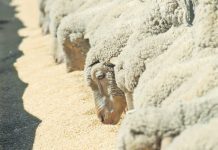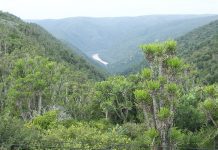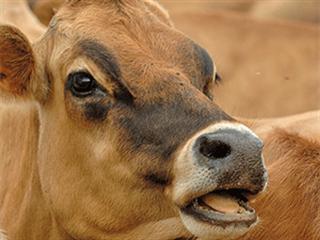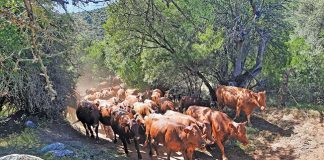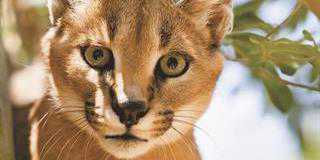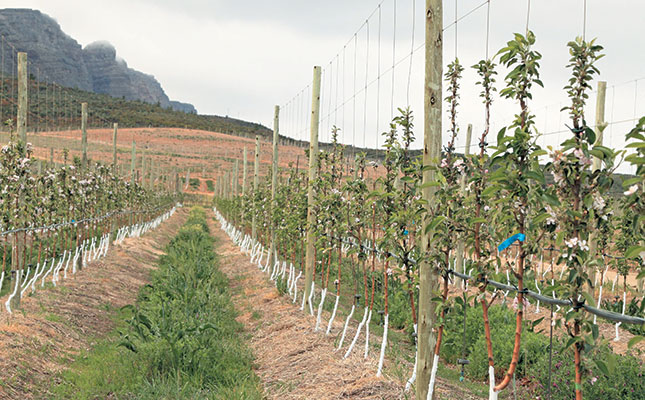
The South African apple industry is currently ranked the 13th most competitive in the world, down from seventh position in 1995. One way of remaining competitive is using more efficient, dwarfing rootstocks.
At the SAPO Trust Nursery Information Day, Hortgro Science crop production manager, Prof Wiehann Steyn, said that rootstocks had a great influence on production efficiency and fruit quality.
“More efficient, dwarfing rootstocks would allow SA producers to embrace the highly efficient planting systems envisioned by Hortgro Science’s ‘Orchard of the Future’ project. Such systems have allowed competing countries to improve their fruit quality and labour efficiency with the help of mechanisation.”
He added that growers were sometimes hesitant about trying out new rootstocks. The industry therefore evaluated rootstocks in an attempt to eliminate inferior examples. But the system was not without its faults.
“The current apple and pear rootstock evaluation protocol, although working relatively well, has some imperfections,” he said.
Rootstocks were grafted onto only a few cultivars, and were not evaluated in all major regions under different soil conditions.
“We’re changing to a more more focused protocol that’ll allow representative and scientifically sound evaluation,” Steyn said, adding that there was an abundance of rootstocks worldwide.
“Many may not be suited to local conditions, or may have serious limitations. With apples, for example, a rootstock that’s susceptible to root rot (Phytophthora) is a no-go. It’s a slow process to bulk up a new rootstock, establish it at nurseries and then have the capacity to produce many trees annually.”
The industry, he stressed, should evaluate only those rootstocks that showed great potential.
New strategy
As part of the new strategy, a committee would assess a new rootstock after importation by a plant improvement organisation, Steyn explained. Assessment would focus on production, ‘rootability’, adaptability to various soil types and climatic conditions, and tolerance to nematodes, woolly apple aphid and replant disease.
Only then would the independent fruit evaluation company, Provar, evaluate the rootstock against current standard rootstocks under field conditions. Results would be assessed by Hortgro Science.
Email Prof Wiehann Steyn at [email protected].

